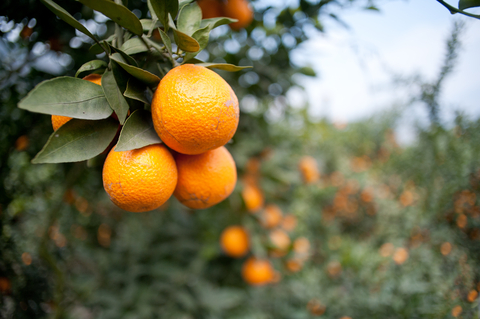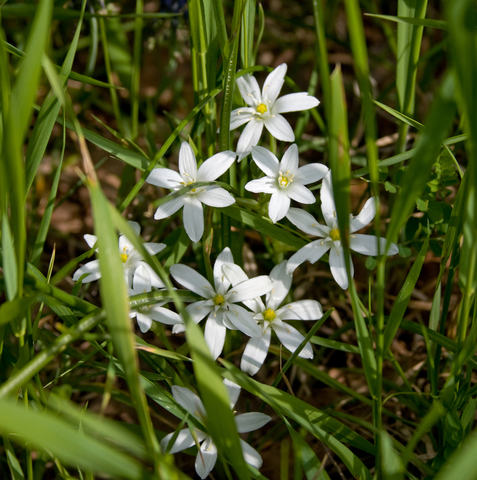Join the Writing a Sacred Path mailing list for more inspiration and guidance.
The fertility of the Earth is a rich metaphor for the writer’s creativity. The growth of crops, the harvesting of fruits and vegetables, the bounty of nature—they have much in common with the ways we generate ideas and grow them on the page.
“Eventually your writing will turn from healthy green to an ugly shade of brown if you do not take regular and proactive steps to fertilize [it],” writes Michael A. Stelzner, author of Writing White Papers: How to Capture Readers and Keep Them Engaged. Stelzner’s comparison of writing to plant growth is not unusual. On bookstore shelves sit literary anthologies with titles like In a Fertile Desert, Fertile Ground, and Late Harvest. One storytelling website has children “pick” leaves from a “story plant” guided by a friendly pink dragon fly. Author and writing teaching Milli Thornton offers her students exercises called “Fertile Material Writing Prompts.”The metaphor of plant growth is found in everything from websites for children, such as “Story Fruit” to academic articles like Janet Irby’s “How Does a Story Grow?”
The power of this metaphor can be used as a basis for stimulating a fruitful, bountiful creativity of your own. Here is an exercise that can help your write bloom and grow:
Write a Garden
Write a description of your writing life as a garden. Describe your ideas as seeds, your works in progress as green, growing plants, your finished stories and poems as blossoms. What stage is your work in? Are you just now tilling the soil? Have you planted the seeds? Are the young shoots emerging? Is your work blossoming or ready for harvest? How is your garden growing?
What is the soil in which your garden is growing? Is that soil rich and dark? Sandy? Loamy? Full of pebbles? Your soil contains all the things that feed your creativity, the bed in which your writing will grow or die. If your soil isn’t fertile, what does it need? What nutrients is your writing life lacking? What is supporting and nourishing your work? What is leaching it?
What is your fertilizer? What stimulates growth in your writing? Are you using enough of it? Do you need to try something new to fertilize your garden? Remember that most fertilizer comes from material we despise or that would otherwise be waste. Think of your dead-end poems or discarded essays as compost you can use to enrich new projects. The mistakes we’ve made, the losses and griefs, those can also be compost. Think of the bad decisions, the dead-end relationships, the sorrows and errors. What can you use from buried memories? How can you transform them into writing?
What serves as your rain? What keeps your garden moist? If your writing is dry, stiff, wooden, or brittle, what can you do to make it supple and pliable? Somewhere inside of yourself, there is a well you can draw from. And, if that well seems to have run dry, perhaps you have a rain dance.
What serves as your sun? What provides the energy that enables you to create? Do you get enough of that vital energy? Too much? What can you do to help it reach your work, or to provide yourself with protective shade?
What pollinators do you have working for you? What acts as the butterflies and bees, wind and bats that broadcast your work? What helps spread the word about your writing, bit by tiny bit, disseminating it to one reader, then another, then dozens more?
When you engage in self-talk, replace negative language with your garden images:
- Instead of, “All of my ideas are going nowhere,” say, “What do I need to fertilize my creativity?”
- Instead of, “This story is trite and boring,” ask, “What will bring the rain and sun to make my writing fresh and alive?”
- Instead of, “Another damn rejection,” say, “I need to put the bees to work.”
Invoking the fertility of the Earth as a symbol of your own creativity isn’t as far-fetched as it may sound. All kinds of creation–from the fruiting of an orange tree to the penning of a poem–ultimately draw from the same source. The energy that sends shoots up through the earth is no different from the pulse that puts words on the page. They are all part of the boundless abundance of the Universe. The Universe is ready to feed your writing, just as it is constantly feeding the fertility of the Earth. Don’t hesitate a moment to draw from it.
Join the Writing a Sacred Path mailing list for more inspiration and guidance.

